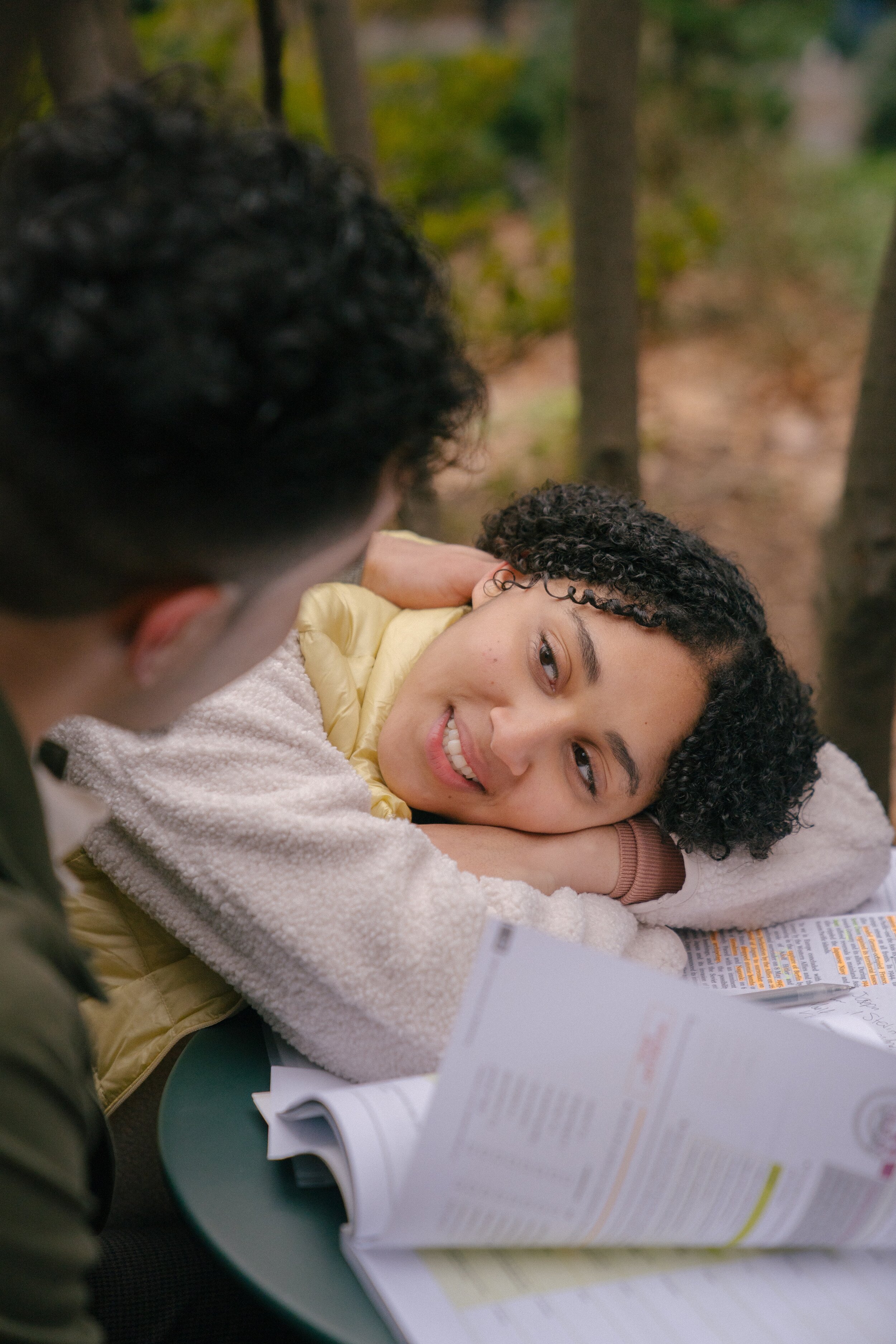How Do You Know What’s in Your Loved One’s Best Interest?
/When you care about someone, it's normal to want to improve their life and situation in any way you can. But what you consider help or improvement may actually be unwelcome or disruptive from the other person's perspective. So, when we see someone we love struggling with some aspect of their life, how do we know what is in the best interest of the person?
The best answer is tried and true: talk to them. Talking to your loved ones about the struggles they are facing and simply asking how you can make their situation better is always the best approach. But sometimes, that doesn't lead to a direct solution and we are left feeling helpless and unproductive while our loved one works toward a solution on their own. It's easy to get trapped in the belief that we already know what is best for our partner, child or family member, and that they may not even know what's right for themselves. This is a bias we all face, and although we mean well, it can lead to more problems than it does solutions.
Defining What's in One's Best Interest
When they come to a therapy session, most individuals seek to feel or achieve something. It's when we are struggling with life’s many challenges that we most need to hone in on our own needs and desires. By having a candid, low-pressure conversation with someone, we can slowly help them navigate their thoughts and feelings to better understand what they want and need. At the end of the day, what is in someone’s best interest is always defined by the person in question, as long as they are in a sober frame of mind.
Overcoming the Our "Best Interest" Bias
What can we do when our idea of what's in someone's best interest doesn't align to their own? Maybe we think they are being influenced by people we don’t trust or by substances. Maybe we simply believe they don’t have the experience to be successful at something our loved one has set out to do. Whatever the reason, it’s up to us to overcome the biases we might be facing regarding what’s in the best interest of a loved one. It takes patience, trust, and willpower to sit back and watch someone we love struggle to find happiness or fulfillment. But it’s important to remember that by truly loving someone we are accepting them for who they are as an individual, even if that means empowering them to make their own decisions and supporting them through their failures.
For more relationship advice and information on relationship therapy services, follow us on Facebook, Instagram, and Twitter!




